Is Protein Powder Safe During Pregnancy? What to Know
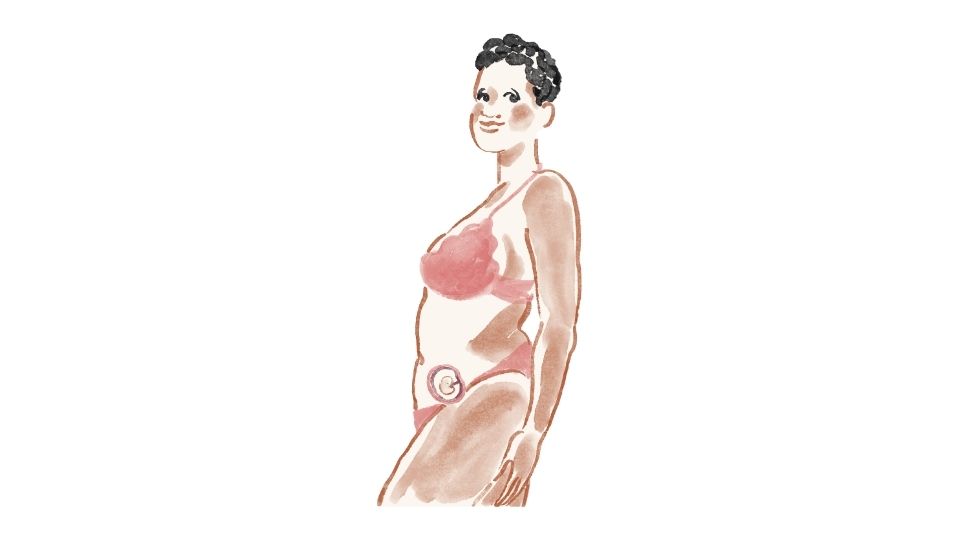
Feeling confused about protein powder during pregnancy? Let’s cut through the noise.
If you’re pregnant and considering protein powder as a supplement, you’re not alone. The good news is that protein powder can be safe during pregnancy… if you choose the right kind and don’t go overboard with it.
Let’s dig into what you need to know about protein powders during pregnancy – the good, the bad, and the slightly concerning.
Protein Powder & Pregnancy: What You Need to Know
Your protein needs definitely increase during pregnancy. Your body is literally building another human, so you need extra building blocks. Protein supports fetal growth, helps with tissue repair, and keeps your own health in check.
Sometimes getting all that protein from whole foods is tough – especially when you’re dealing with morning sickness, food aversions, or just plain exhaustion. That’s where protein powder might come in handy.
But before you start scooping, let’s talk about some important considerations.
The Potential Risks (Yep, There Are Some)
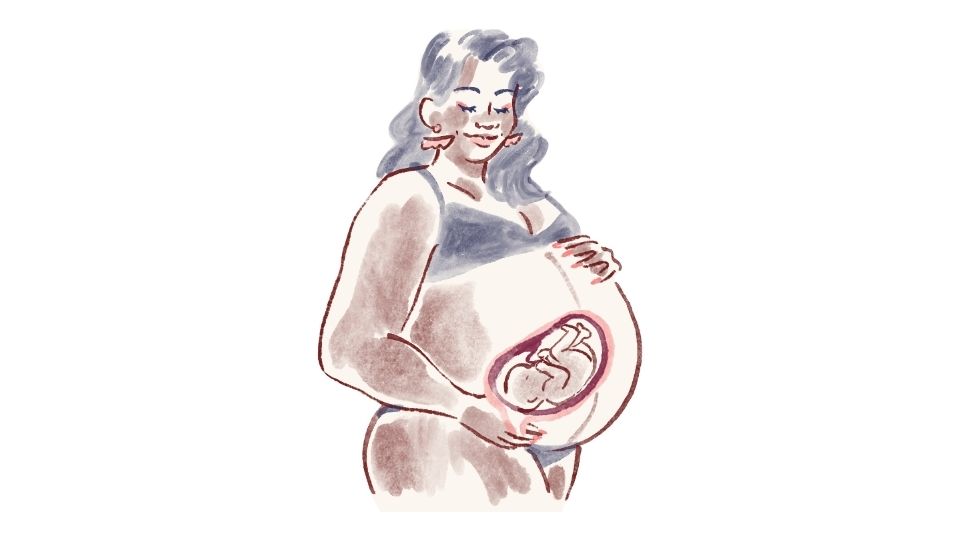
Quality and regulation issues
Here’s something that surprised me: protein powders are considered dietary supplements, which means they’re not regulated by the FDA as strictly as medications or foods.
Translation? The protein powder industry is kind of like the Wild West. Some products might not contain what they claim, and others might have unwanted extras like heavy metals or pesticides.
Problematic ingredients
Many protein powders come with added vitamins, minerals, sweeteners, caffeine, or herbs. During pregnancy, these extras can be problematic:
- Too many vitamins on top of your prenatal could be harmful
- Caffeine should be limited during pregnancy
- Some herbs are absolute no-nos when you’re expecting
Too much protein risk
Believe it or not, going overboard on protein (especially if you’re cutting carbs at the same time) has been linked to slower fetal growth and higher risk of gestational diabetes. With powder, it’s super easy to accidentally consume more than you need.
Sugar bomb alert
Some protein powders are basically dessert in disguise, packed with sugar that can lead to unhealthy weight gain and blood sugar spikes. Not ideal when you’re already dealing with pregnancy-related blood sugar changes.
Safer Protein Powder Options for Pregnancy
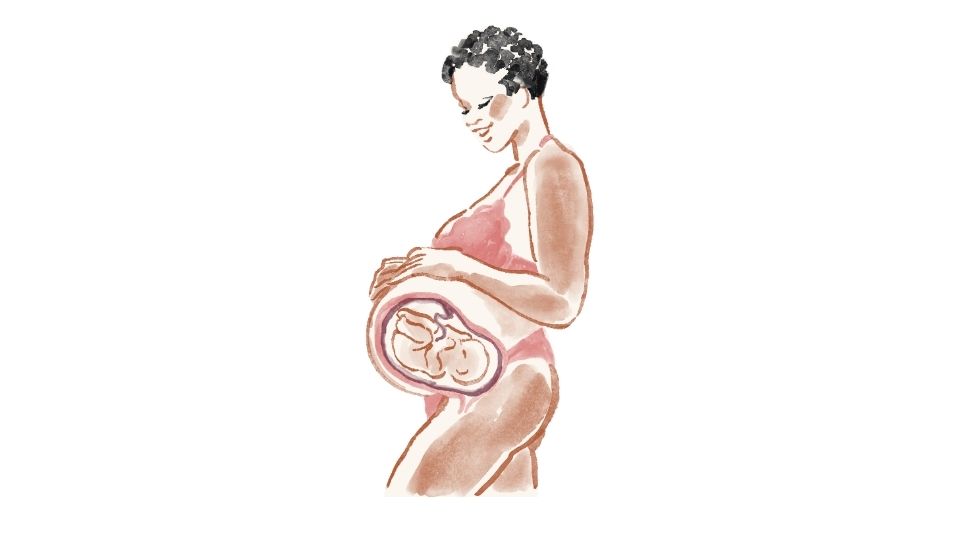
Not all protein powders are created equal. Here are some generally safer options:
Whey protein
Derived from milk, whey is a complete protein that’s usually low in carbs and fat. It’s popular for good reason – it’s pure and easily digestible. Just make sure you’re not lactose intolerant and choose a clean product without sketchy additives.
Plant-based proteins
Options like pea, hemp, and brown rice proteins are good alternatives, especially if you’re vegetarian or vegan. They’re typically allergen-friendly, but still need to be checked for purity.
Collagen peptides
These come from animal connective tissue and while they’re generally safe, they’re not complete proteins. Also not suitable if you’re vegetarian.
How to Choose a Pregnancy-Safe Protein Powder
When scanning labels, look for protein powders that:
- Have third-party testing or certification (this is huge!)
- Are free from artificial additives, sweeteners, caffeine, and questionable herbs
- Contain minimal added sugars
- Don’t conflict with your prenatal vitamin
- Ideally, are specifically formulated for pregnancy or breastfeeding
Benefits of Getting Enough Protein During Pregnancy
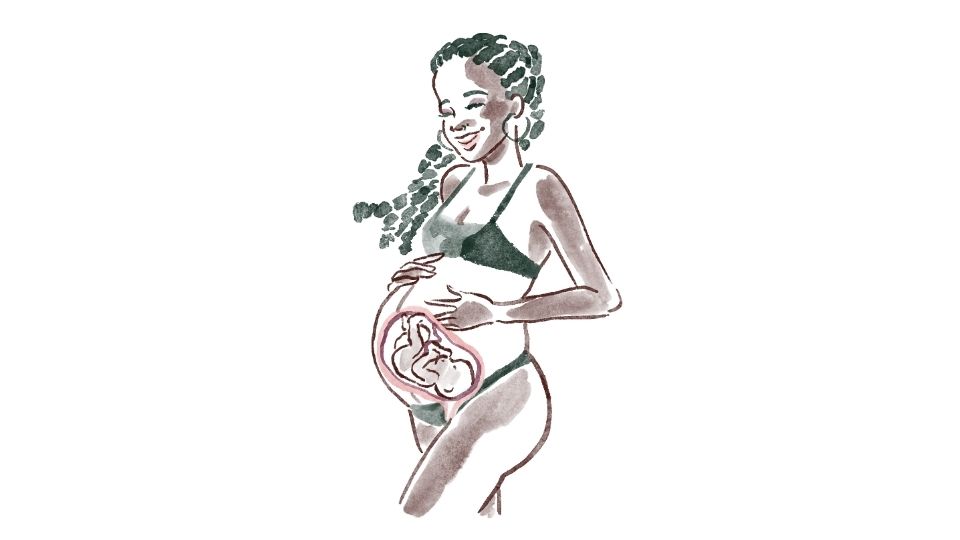
Meeting your protein needs during pregnancy has some serious perks:
- Supports your baby’s growth, including brain and muscle development
- Helps your own body expand (blood volume, uterine tissue)
- Can regulate blood sugar, potentially reducing nausea
- Helps maintain your muscle mass and energy levels
Practical Tips for Protein During Pregnancy
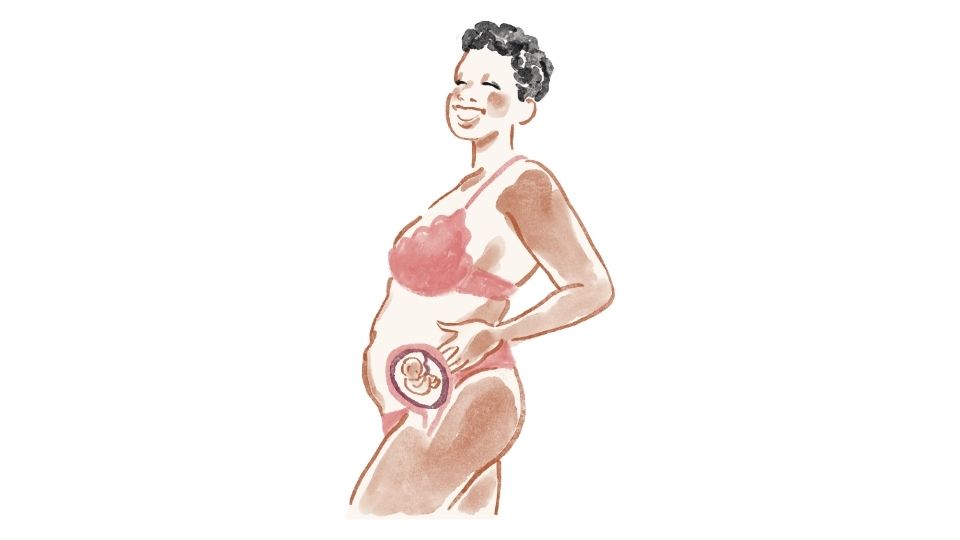
Prioritize whole foods first. Think lean meats, dairy, eggs, beans, nuts, and seeds. Real food is always the gold standard.
Use protein powder as a supplement when necessary – like during those phases when you can barely keep anything down, or in the later trimesters when protein needs increase even more.
Always check with your healthcare provider before adding any supplement during pregnancy. This isn’t just generic advice – your situation might have unique considerations that require personalized guidance.
Track your protein intake to stay within recommended ranges. Most pregnant women need about 71 grams per day, but this can vary based on your body size and activity level.
Look for clean, minimal ingredient lists when choosing a protein powder. The fewer ingredients, the better!
When it comes to protein powder during pregnancy, think of it as a helpful tool, not a necessity. Used wisely, it can support both you and your baby’s health. But caution and careful selection are absolutely key.
Remember: whole food sources of protein should still be your go-to, with protein powder playing a supporting role when needed. And as with everything pregnancy-related, consult your healthcare provider before making any significant changes to your diet or supplement routine.

